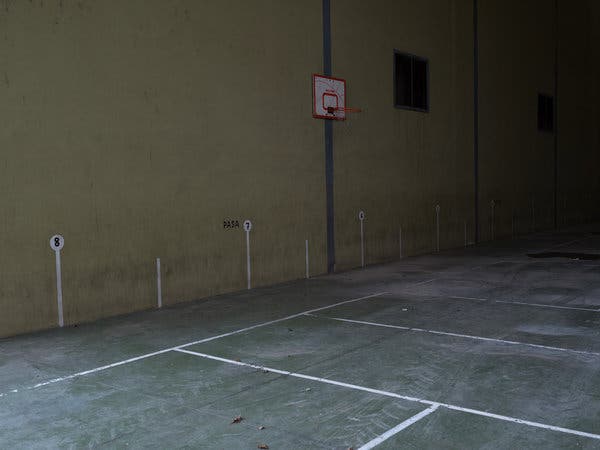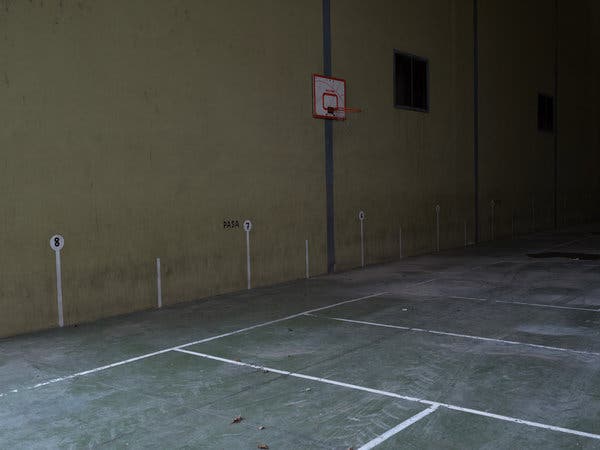Source: Spain’s Villages Wage a Lonely Fight Against the Coronavirus – The New York Times
The isolation of the countryside offers some protection against the outbreak, but once the illness strikes, it can reveal the unique vulnerabilities that smaller communities face.
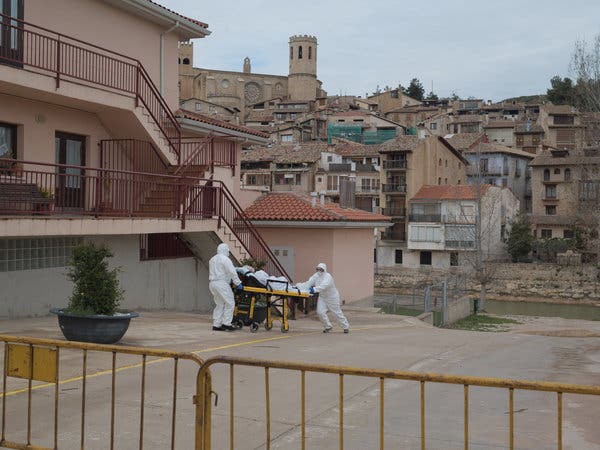
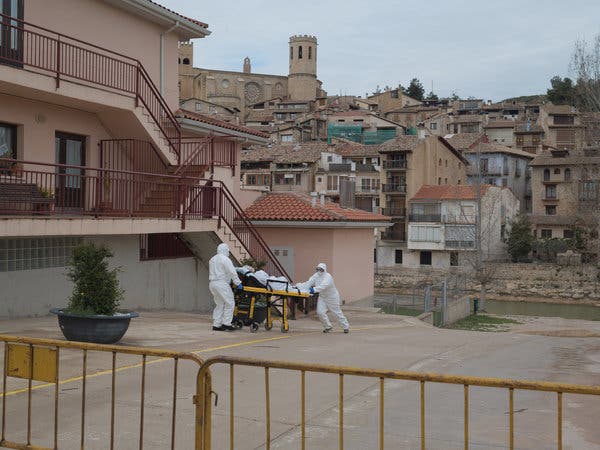
VALDERROBRES, Spain — The deafening rumble rose from the depths of the countryside, a welcome yet unnerving sign of life in a corner of northeastern Spain, where villages perched on craggy hills overlook vineyards and fields of olive and almond trees.
At the wheel of his tractor, a farmer disinfected the narrow streets of the village of Valderrobres, with a spreader normally used to fertilize his fields. The breeze sent flowerpots and chairs flying, but it didn’t matter. There was a virus to kill.
“Everything here arrives later,” said the farmer, Miguel Angel Caldu, about the initial lack of testing kits and protective equipment in the area. Half of the health workers at the local nursing home tested positive for the coronavirus, and so did nearly 50 of the 60 residents, 12 of whom have died.
So every evening, locals like Mr. Caldu have been cleaning places like Valderrobres, a tourist town of about 2,400 people that is known for its 14th-century gothic castle and stone bridge.
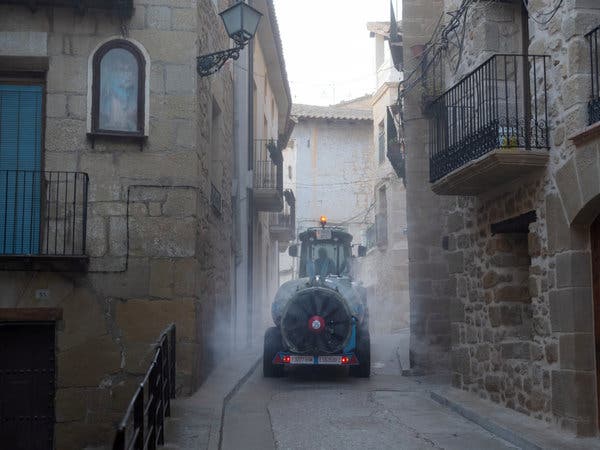
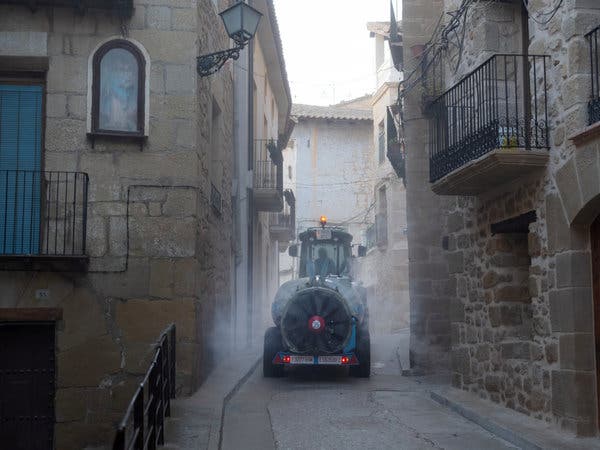
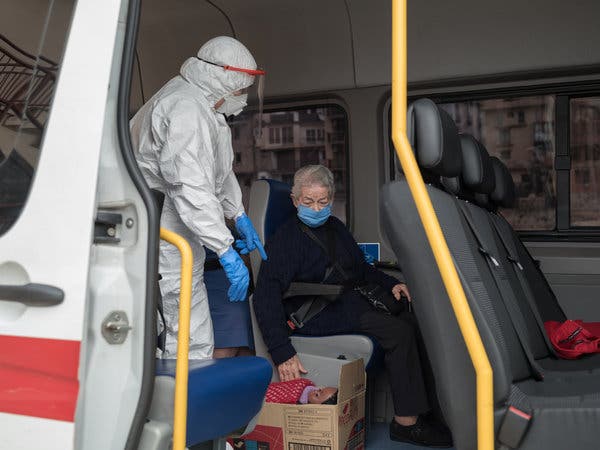
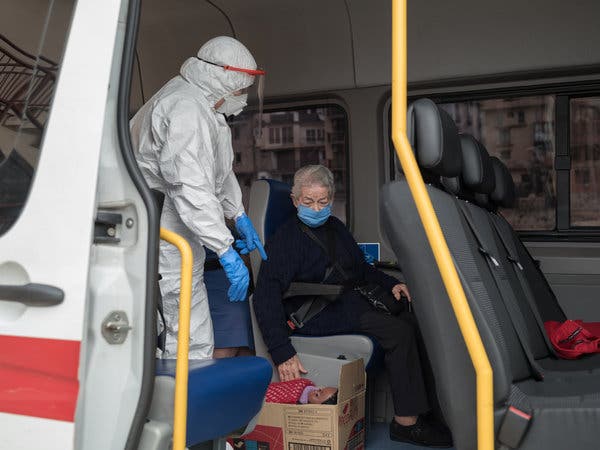
“If we don’t take care of ourselves, nobody will,” he said.
In terms of deaths, the coronavirus pandemic has hit Spain harder than every European country but Italy and has ravaged large cities such as Barcelona and Madrid. Less noticed has been the plight of villages.
Like small communities around the world, Spain’s villages are finding that their isolation is a mixed blessing. It may offer some protection against contagion, but once the coronavirus strikes, it can reveal the particular vulnerabilities that smaller communities face.
In Spain, despite a robust health care system and one of the highest life expectancy levels in Europe, rural areas have suffered from aging health care infrastructure and a lack of doctors, after decades of urbanization and a lack of public investment.
Rural areas also have an abundance of older adults. In Teruel, the province in a remote corner of Aragon that contains Valderrobres, they make up a quarter of the population. Villages in the region, many with centuries-old ramparts overlooking the countryside, now have the appearance of boarded-up fortresses trying to keep their aged populations safe.
In other rural areas, such as the province of Soria, in the neighboring region of Castile and León, outbreaks overwhelmed for weeks the only hospital with intensive care units. Such rural stretches of Spain have among the lowest population density levels in Europe, and many there have long complained about being neglected and cut off by the national authorities.
In one village in Teruel, the only doctor in the area interrupted his weekly visits after he had to go into isolation; in another, the only grocery store closed for days after the shopkeeper left.
In Valderrobres, where the closest hospital with intensive care in the region is two hours away, the health authorities initially refused to test those at the nursing home who didn’t have symptoms, said the mayor, Carlos Boné, even as it became the epicenter of a local outbreak.
When Mr. Boné bought tests and discovered that two-thirds of the staff and residents had the virus, the regional authorities rejected the results because they came from a private lab, and then conducted their own tests a week later.
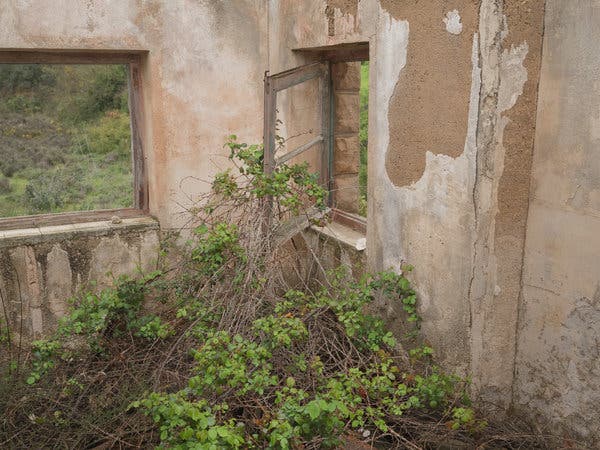
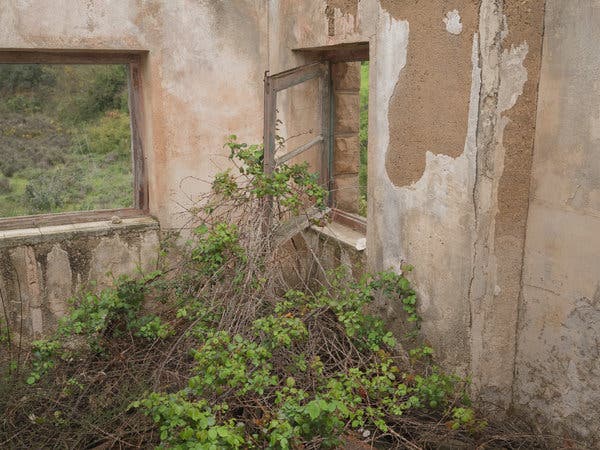
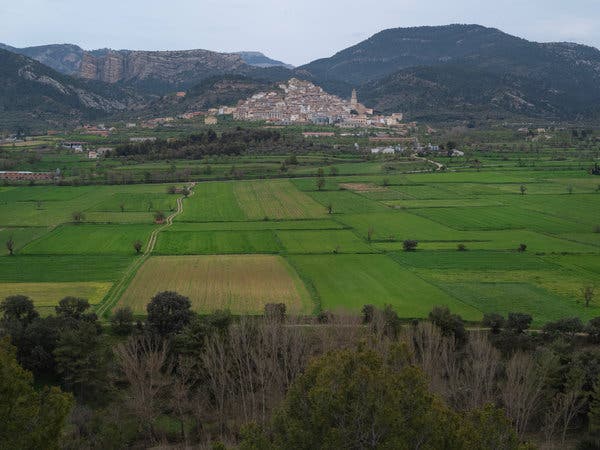
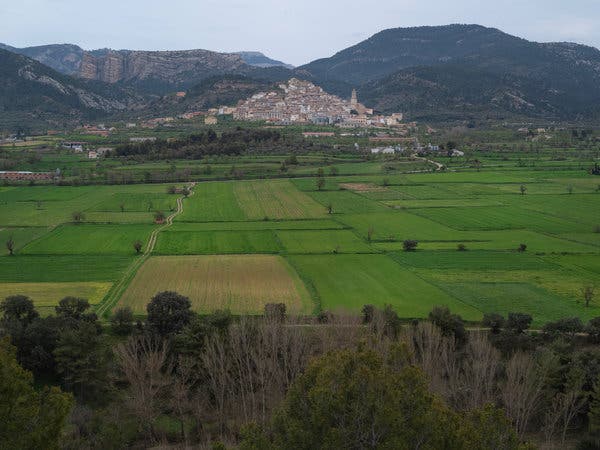
“In villages, it’s always ‘It will arrive soon,’ or ‘You will get this shortly,’” Mr. Boné said. “In the meantime, we’re risking lives, and here, 35 workers are 35 people you know.”
Mr. Boné, a former nurse, worked in the nursing home for two straight weeks because most of its nurses have had to isolate themselves at some point and he couldn’t find replacements.
Like many other European countries, Spain has struggled to contain the spread of the coronavirus in many parts of its territory. Unions are taking the authorities to court after thousands of health care workers became infected. Soldiers have found residents abandoned or dead in nursing homes. But in remote areas, the crisis has accentuated a perception that the right to health care might differ depending on where a person lives.
“In the areas that may have been neglected, the feeling of abandonment can be as much emotional as it is material,” said Sergio del Molino, a novel writer and journalist who has coined the expression “España vacía,” or “empty Spain,” to refer to the draining away of people and skilled workers, and the hollowing out of infrastructure, especially in rural areas.
Confinement measures enforced throughout Europe have plunged other rural areas into similar situations. In a small village in the Lombardy region, the epicenter of Italy’s outbreak, a ban on leaving a town without a health or work reason has forced the national agency managing the crisis response to make multiple trips per day to the closest supermarket to bring food to locals there.
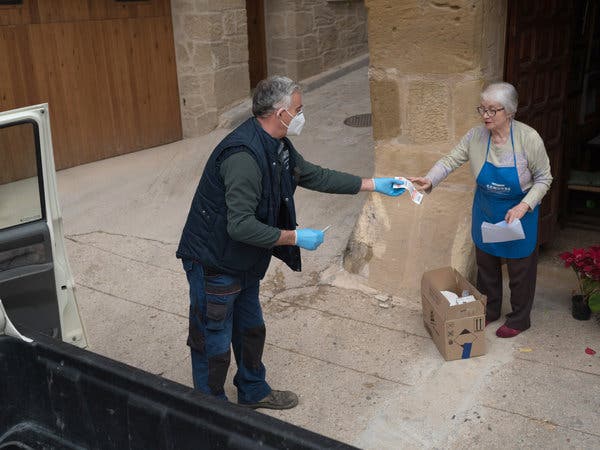
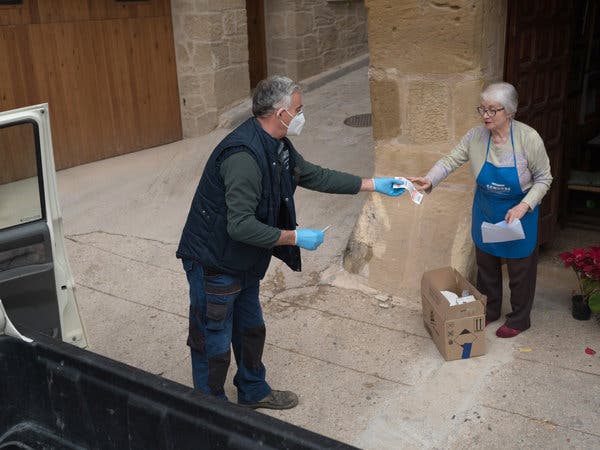
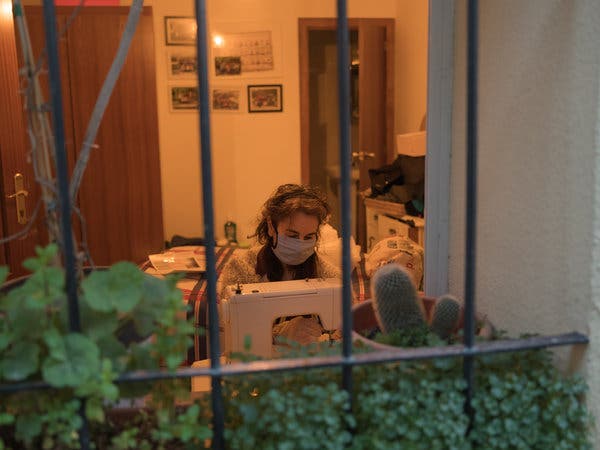
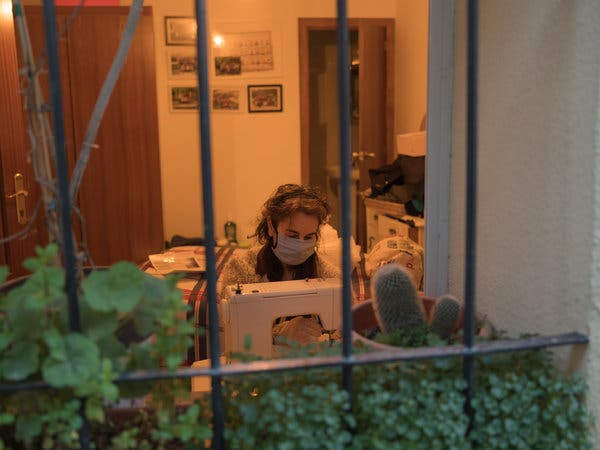
In France, which has long struggled against a shortage of doctors in some rural areas, an organization representing small towns has recommended that municipal employees deliver bread and groceries to aging populations.
In Spain, Aragon has received roughly as many tests per inhabitant as the Madrid region, the epicenter of Spain’s outbreak, but half as many masks per inhabitant. And mayors of isolated villages in Teruel argue that the masks that have been sent have mostly gone to Aragon’s larger cities.
“There is an advantage in isolation, distance provides protection,” said Angel Paniagua, a researcher at the National Research Council of Spain, who has studied the country’s most isolated regions. “But when the virus hits, you’re left with your own problems.”
Mr. del Molino, the author and journalist, said that resources had dwindled in many rural areas after health care was gradually decentralized to the regions in the 1980s and ’90s.
